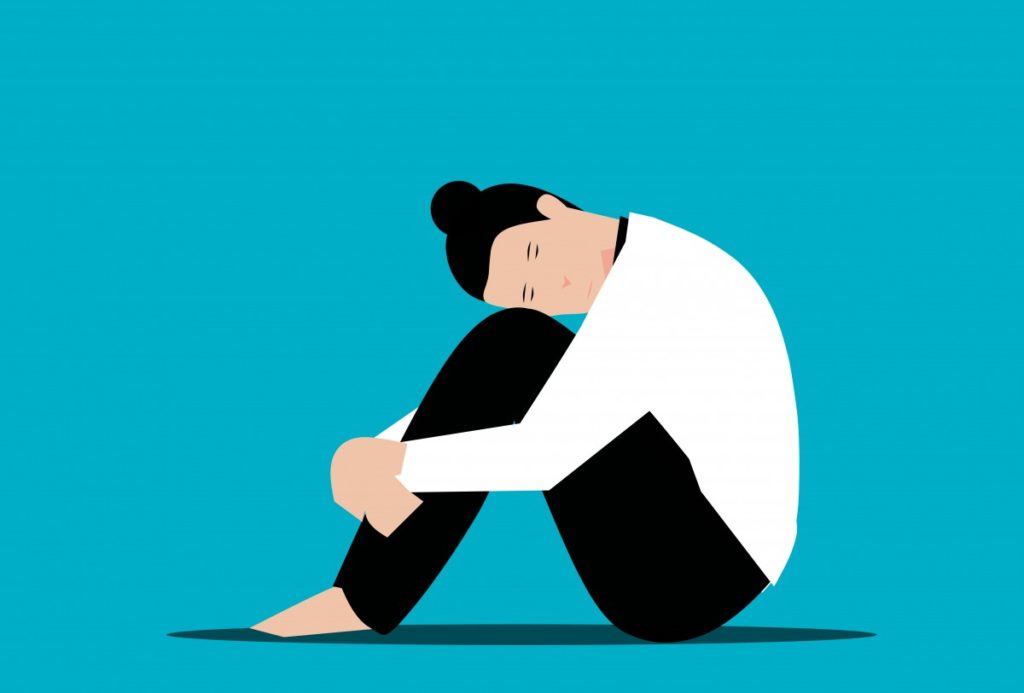Introduction:
All over the civilized world, virtually 1 in 3 individuals will experience an anxiety disorder at least once in their life span, and diagnoses are swelling among young people in particular. It is estimated that the direct health care costs for treating anxiety disorders go above $40 billion every year, and its recurring nature leads to sustained costs for individuals, families and entire societies.
The good news is nature offers many natural solutions for anxiety disorders.
Here are some substances to calm your mind naturally.
1. Kava
Scientifically it is known as Piper methysticum. Kava is a crop of the Pacific islands with and a deep anxiolytic effect, mainly from modulating GABA activity in your brain. It’s available over the counter in countries such as the U.S., Australia and New Zealand.
2. Lavender, Rose, Bergamot and Orange Essential Oils
Aromatherapy through the use of essential oils has been widely studied around the world for its ability to relieve anxiety, stress and depression. Some leading essential oils for this purpose are lavender, rose, bergamot, orange and lemon.
3. Cannabidiol (CBD)
Both animal and human studies indicate that cannabinol, or CBD, a major component of cannabis, offers not just pain relief but also anti-anxiety properties.
4. Psilocybin
It is a powerful psychedelic. Psilocybin is the active ingredient of magic mushrooms. This is said to stimulate serotonergic neurotransmission, and has been shown to shift emotional biases away from negative towards positive stimuli and thus relieve anxiety.
5. Gotu Kola
Also referred to as brahmi and Indian pennywort. It is a perennial flowering plant from the Apiaceae family. Native to the Asian wetlands. It is useful both as a vegetable and therapeutic herb, used in Ayurveda and traditional Chinese medicine for centuries to alleviate anxiety and depression.
6. Chamomile
This is a wonder herb and cannot be forgotten as a favorite tea at night to quiet your mind and calm your tired body. The first controlled clinical trial of chamomile extract for generalized anxiety disorder (GAD) found it may have moderate benefits in patients with mild to moderate cases
7. Passionflower
Another natural anti-anxiety compound is Passiflora incarnata, more popularly known as passionflower, maypop and wild passion vine. In the 16th century, Spanish explorers in South America learned of the plant and brought it to Europe, where it was widely cultivated and became part of European folk medicine.
Conclusion:
Many herbs can interact with over-the-counter and prescription medications. Some can increase or reduce the effects of certain drugs, potentially causing serious health effects. People taking any kind of medication should consult their doctor or pharmacist before beginning herbal supplements. It is often seen that herbal remedies can take longer to start working than prescription medications. If a person needs more advice about an herbal product, they should confer with a qualified herbalist about brand, strength, and quantity.
